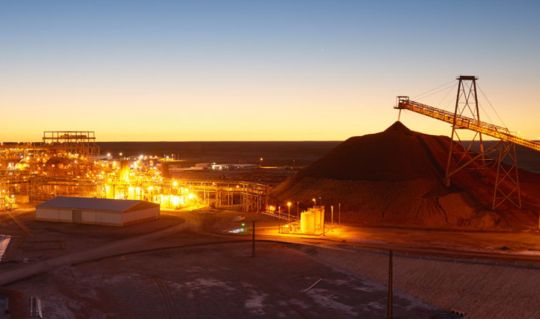We have vast experience in design and construct, and installation in chemical resistant membranes, whether for tile expansion and movement or primary and secondary containment.
Components in processing plants are subject to a wide variety of corrosive stresses. In particular, they are subjected to chemicals such as acids, alkalis, salt solutions, organic solvents, various other chemicals and water vapour, whereby the corrosive potential may often be increased due to high temperatures or temperature fluctuations. Tanks, pipes, reaction towers, gas scrubbers etc. are also frequently subject to mechanical stresses such as pressure or abrasion.
Our experience with waterproofing and sealing of structures extends to chemical manufacture plants, petrochemical and metal processing and often involves the following processes:
Torch on Membranes
This involves the sealing of a structure via the application of a 3 to 4mm thick bitumen sheet membrane. These membranes are heated up with a gas torch to adhere to the substrate then the joints of the membrane are lopped to provide a sealed membrane.
Liquid Membranes
The sealing of a structure via the application of a liquid membrane applied in 3 to 4 separate coats. Generally, the internal corners are sealed by impregnating the membrane into a gauze fabric.
Injection of Water Reactive Polyurethanes
Water reactive polyurethanes are gels that foam and swell when they come into contact with water. We inject the gels, usually into cracks in below ground structures such as tunnels and cellars and above ground structures such as water tanks. A high pressure pump, operating at up to 3,500psi, is used to inject the concrete into cracks in the concrete. Once injected the gels foam inside the cracks to create a watertight seal.
If you are interested in learning more about our Chemical Membranes services, please contact our friendly team.



